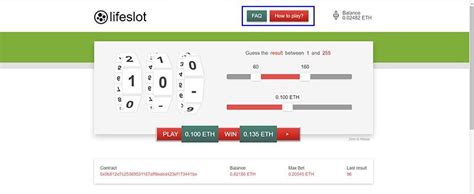Can Miners Reject Transactions from a Stolen Ethereum Address?
The Ethereum consensus algorithm relies on a decentralized network of miners who work together to solve complex mathematical problems to verify transactions and create new blocks. However, the possibility of a miner rejecting a transaction from an address has sparked debate among cryptocurrency enthusiasts and experts. In this article, we will delve into the concept of rejecting transactions and its implications for the Ethereum mining community.
Rejecting Transactions in Ethereum
In Ethereum, each block contains a list of transactions, known as a “batch.” Each batch is verified by multiple miners who run their own copies of the blockchain. The consensus algorithm relies on the collective work of these miners to verify new blocks and create a permanent record of all transactions that have occurred on the network.
Now, let’s consider what happens if one miner rejects a transaction from an address. Theoretically, this could lead to some blocks being rejected as invalid due to “broken” transactions contained within them. However, there is no built-in mechanism that allows miners to reject entire batches of transactions without compromising the integrity of the network.
The Problem with Rejecting Transactions
There are several reasons why rejecting transactions is not feasible:
- Consensus Algorithm: Ethereum’s consensus algorithm relies on the collective work of many miners to validate transactions and create new blocks. Rejecting a single transaction would require the agreement of all miners, which is not possible on a decentralized network.
- Blockchain Structure: The structure of the blockchain ensures that each block contains a list of transactions from previous blocks. Rejecting a specific batch of transactions would disrupt the chain and lead to inconsistency.
- Hash Functions: Ethereum uses cryptographic hash functions to ensure data integrity and prevent tampering. These hashes are designed to be one-way, meaning that computationally they cannot be changed or manipulated without causing significant damage.
Stolen Assets and Transaction Decline
In the case of stolen assets, such as Bitstamp coins, the situation is more complex. If a malicious actor stole assets from another wallet, they could attempt to decline transactions from that address to prevent their funds from being transferred. However, this would require coordination between multiple miners who are not necessarily related to the original wallet holder.
Conclusion
While miners can theoretically reject specific batches of transactions, there are several reasons why this would not be practical or feasible on the decentralized Ethereum network:
- Consensus algorithm: The collective work of miners ensures that all transactions are verified and added to the blockchain.
- Blockchain structure

: The blockchain structure prevents disruptions by rejecting specific batches of transactions.
- Hash functions: Cryptographic hash functions ensure the integrity of data, making it computationally impossible to change or manipulate without causing significant damage.
In conclusion, while rejecting transactions is an intriguing concept, it is not a viable solution for resolving disputes in the Ethereum mining community. Instead, miners should focus on verifying transactions and building trust with each other using cryptographic mechanisms such as ECDSA signatures and proof-of-stake (PoS) consensus algorithms.
Để lại một bình luận